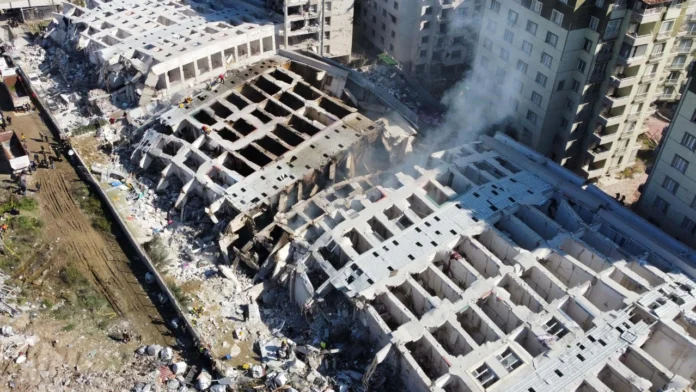Two years after devasting earthquakes hit Turkey’s southern provinces, nearly half the victims are still struggling to access basic food items, according to a joint report by the Turkish Medical Association (TTB) and the Health and Social Services Workers Union (SES).
According to the report, more than 44 percent of victims are struggling to access food, while nearly half do not have a refrigerator for storing it, and frequent energy blackouts make food storage even more difficult. Moreover, 5 percent do not have a kitchen in which to prepare meals.
Children and infants have been particularly affected by the lack of food. Only 8 percent of children consume enough vegetables, and just 6 percent get enough grains.
According to the Turkish Nutrition Guide, a set of dietary recommendations developed by the Turkish Ministry of Health, at least 400 grams of vegetables and 300 grams of grains are recommended daily.
Lack of proper nutrition has had a detrimental effect on children’s health, with 14.4 percent of children under the age of 5 being shorter than the average height for their age. More than 8 percent of children are underweight. In comparison, the latest data shows the national average of underweight children to be just over 2 percent.
“The TBB had previously urged the Turkish government to address malnutrition among earthquake victims by improving monitoring of children’s health, providing vitamin supplements and enhancing access to clean food and water. They also called for ensuring families have the ability to store food safely and clean spaces to prepare food, or at the very least, access to individual kitchens.
The magnitude 7.8 and 7.5 earthquakes claimed the lives of 53,725 people, injured more than 107,000 and left millions homeless after the collapse of 518,000 homes, according to official data. Since the earthquakes, survivors have faced a series of challenges, ranging from housing to issues in education, healthcare, infrastructure and the cost of living.















